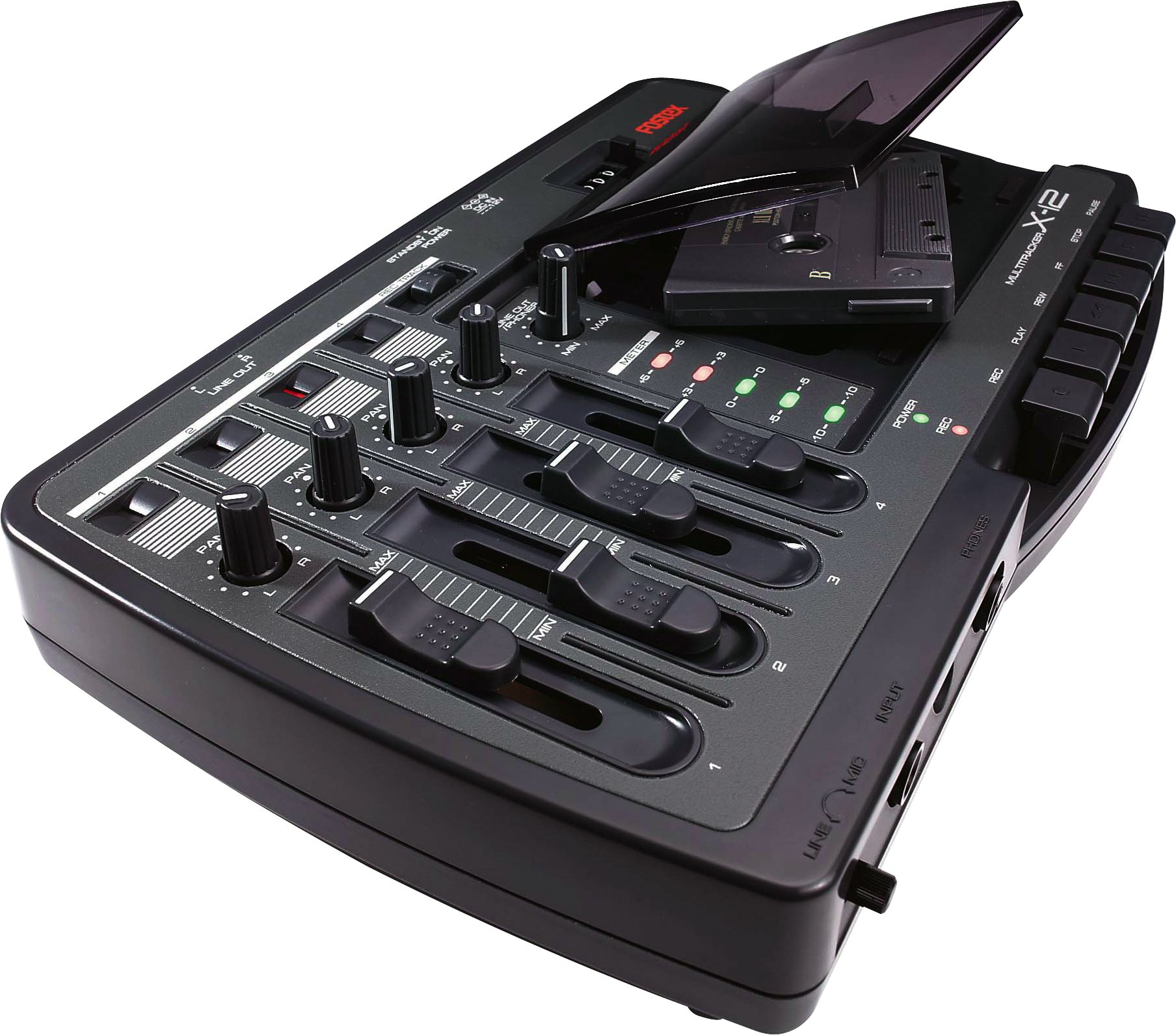
Just about all music is created as a multitrack recording, and yet digital DJs still work with stereo files, where most of the possibilities for creative mixing have been taken away. We can partially isolate a bass or vocal line with EQ tricks, but we can’t reliably separate the instruments in the stereo mixdown. This limits remixers to using relatively short clean breaks and vocals, instead of working with the complete tracks. Now that audio is digital and downloaded, why can’t every release be inherently remixable, whether that’s live in the club or in the studio?
The main reason is that currently, there is no standard format for multichannel audio downloads. MP3 Surround never really took off, and in any case it was designed for 5.1 channel mixes which are irrelevant to club sound systems. However, audiophiles have already adopted the FLAC format, which is a royalty-free lossless codec which supports up to eight channels at higher than CD bit and sample rates.
Support for multichannel FLAC in DJ tools would mean we could isolate four stereo stems (groups of mix channels) and therefore mix them independently. Every DJ release would then be an “acappella”, a drum track, a bassline and a lead instrument track, but would remain playable in normal stereo without panning.
Video
How we could buy music in the future
Instead of buying a CD (or vinyl) release with some other remixer’s ideas in three or four alternative versions, the DJ would now be free to remix as they chose, like Mad Professor remixing Marvin Gaye live on the radio (above). Multiple digital decks playing four stems each could make any live set a series of unique mash-ups.
Of course, an eight-channel FLAC file takes longer to download than a cruddy MP3, but it would be worth the wait because the DJ would quite literally be getting more for their money. Broadband keeps getting faster, too. If you consider the market price of 12″ vinyl singles versus CD singles or lossy downloads there’s clearly a price premium for DJ formats. So there’s a potential economic incentive for specialist dance labels to support a multichannel DJ format.
If higher download times are a problem for some use cases, or the DJ just wants to preview the multichannel version before buying it, we have the option to provide a multichannel Ogg Vorbis file at CD bit and sample rate with lossy encoding. The games industry already adopted multichannel Ogg Vorbis; this format is what makes multi-instrument games like the Rock Band series possible.
These multichannel files are known as .mogg files, but in fact standard .ogg files already support up to 255 channels with the Vorbis codec. No doubt the fact that Ogg Vorbis is a royalty-free format made the adoption that much easier for the games industry.
A blueprint, and limitations…
The Mixxx developers have drawn up a blueprint for what would be required to make this idea work – but currently, the main limitation of these formats is that we do not (yet) have any DJ tools that can play them back, to the best of my knowledge.
If you use VLC to play the multichannel Ogg Vorbis version of DJ Vadim‘s Saturday that I posted to my blog (legally, under a Creative Commons license), you can hear the effect of separate stems by switching from stereo to 5.1 outputs. (If you only hear the drum track, it’s because your media player is playing stem 1 and ignoring the others). I cannot get the multichannel FLAC file to play in anything so far, without mixing it down to stereo.
I’ll be taking these ideas to the Future Everything festival in Manchester, UK taking place on May 16-19 2012.
• Daniel James is the director of 64 Studio Ltd, a company building audio products based on GNU/Linux.
Got other ideas about how stem mixing could be implemented? Can you see a future version of Traktor coming with such a function… and no doubt a new controller to allow you fully utilise it? Or should DJs stick to playing tunes and letting the producers produce? Please share your thoughts in the comments.






![How To Improve Your Acapella Mixing [Live DJing Q&A With Phil Morse] How To Improve Your Acapella Mixing [Live DJing Q&A With Phil Morse]](https://cdn.digitaldjtips.com/app/uploads/2023/06/10145844/546463217-acapella-blank-website.jpg)

